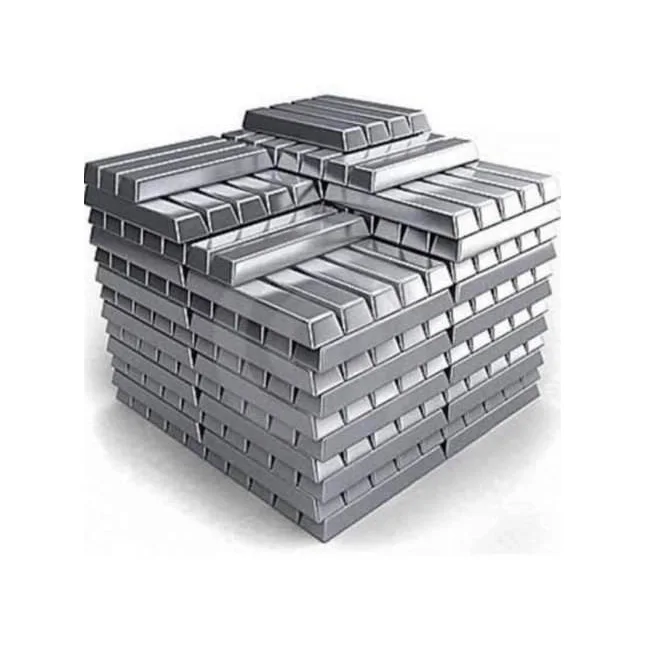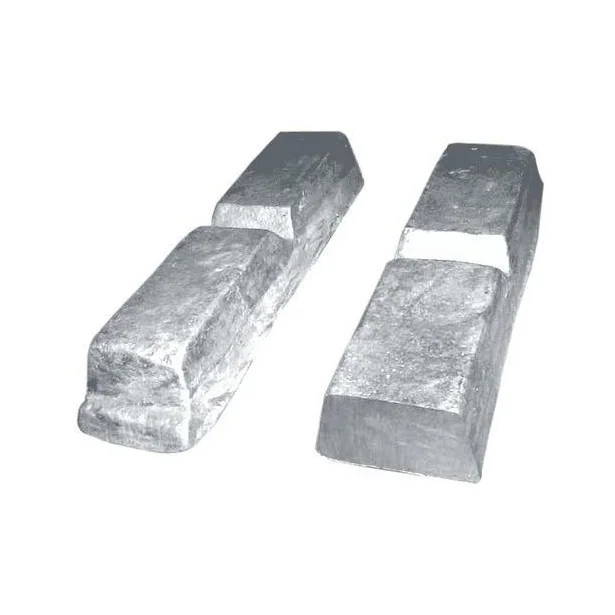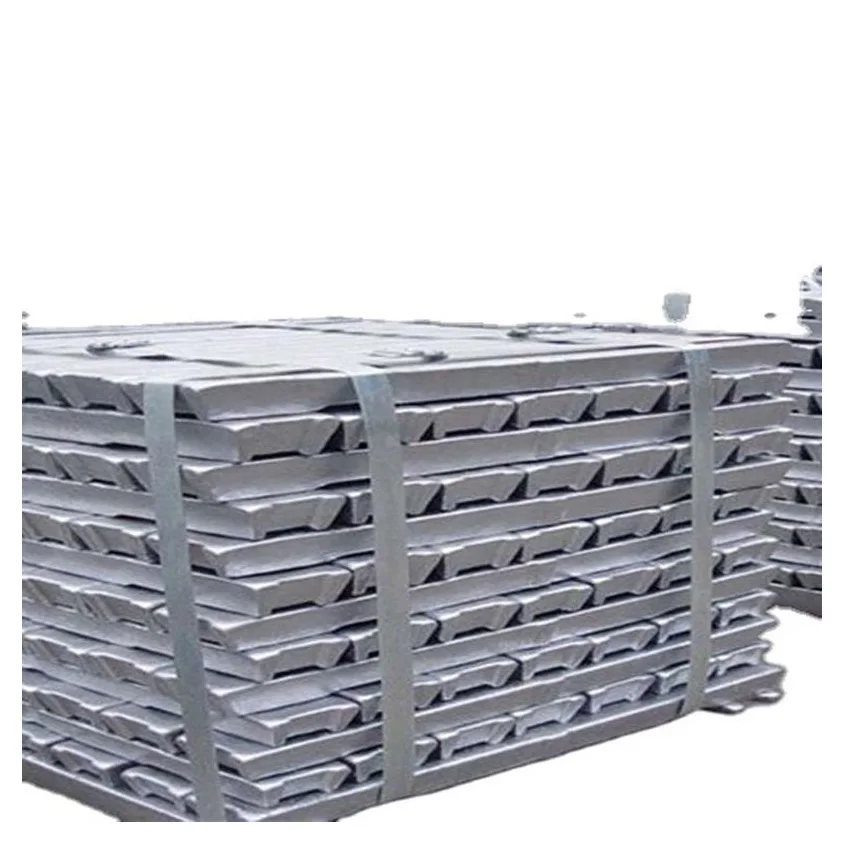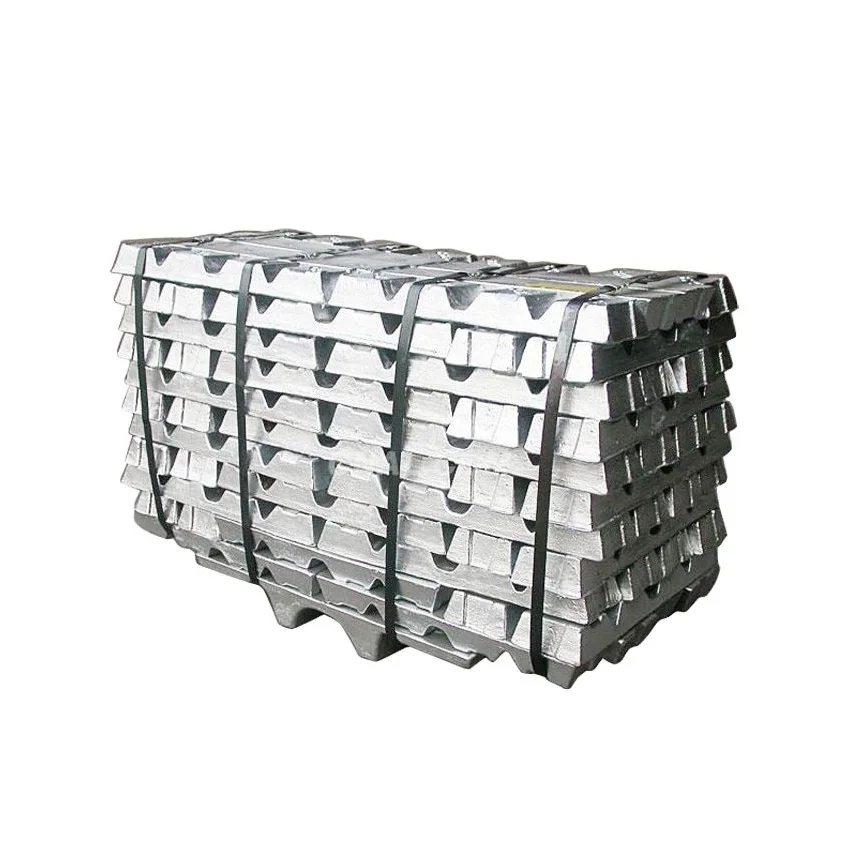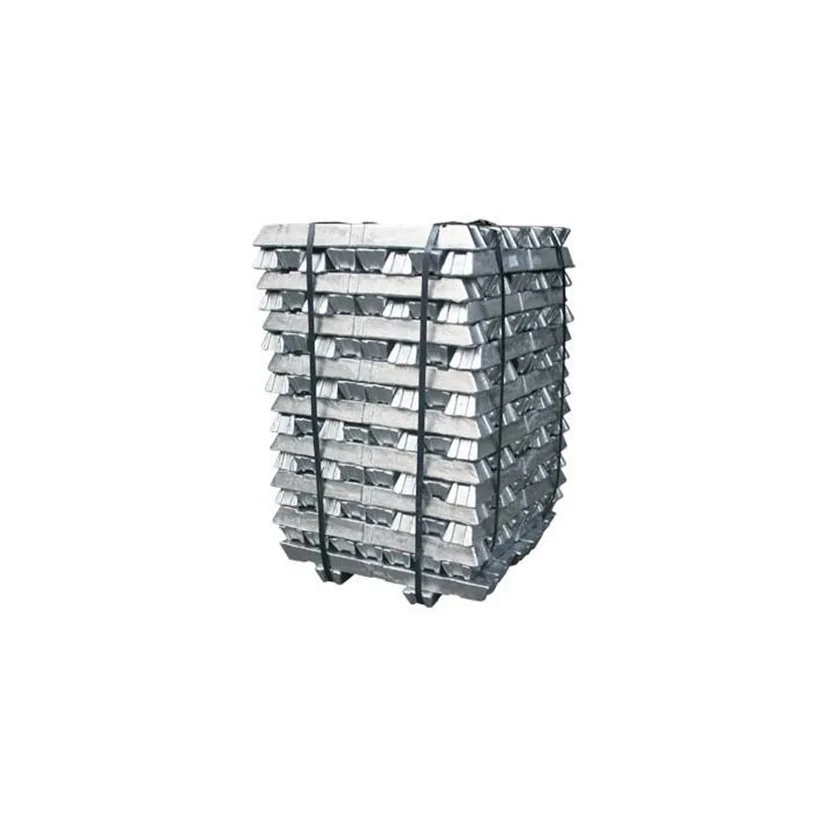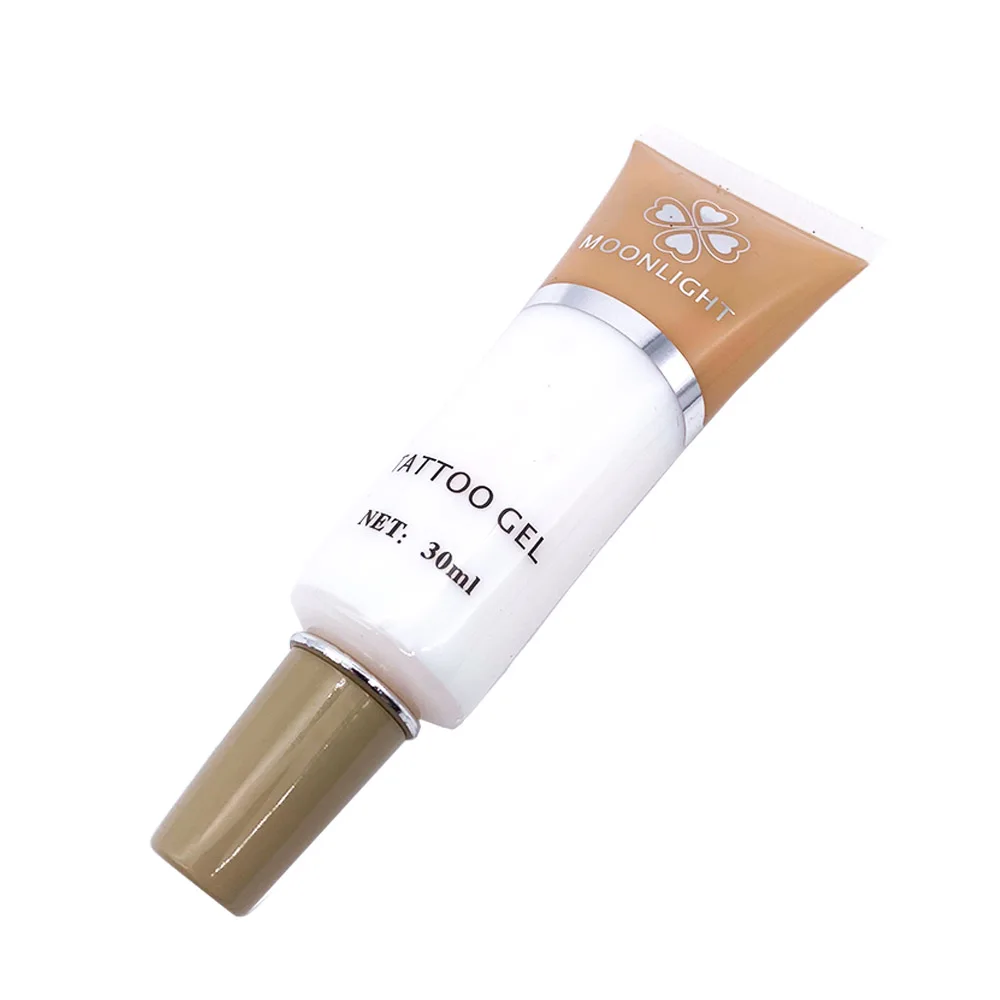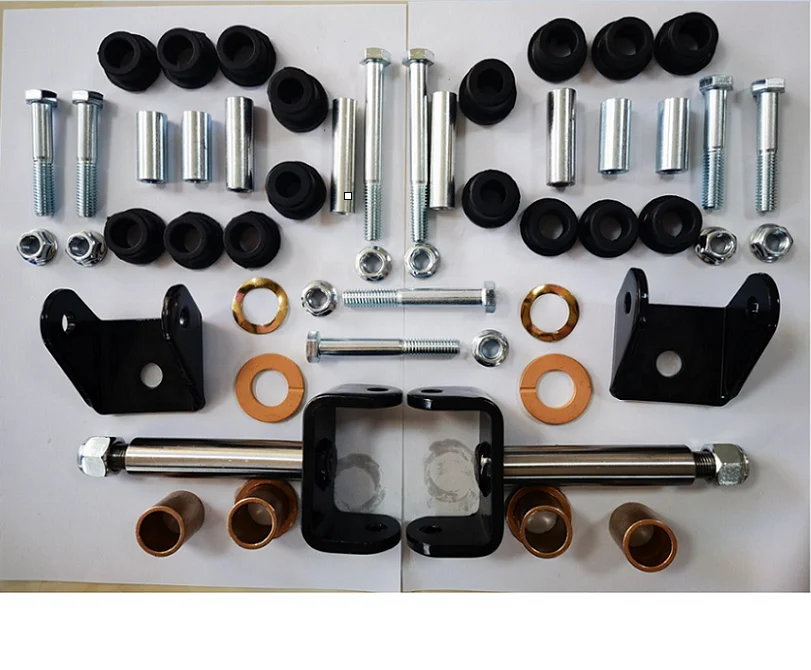aluminium ingots scrap aluminium ingot 99.7% a8 aluminium ingot
- Category: >>>
- Supplier: SARL ETA CARDIETSARL CARDIET
Share on (10000023576840):
Product Overview
Description
Products Description
An aluminum ingot is a large, solid block of aluminum alloy that has been cast from molten aluminum and is used as a raw material for the production of various aluminum products. Aluminum ingots are typically produced through a process known as casting, where molten aluminum is poured into a mold and allowed to solidify. The resulting ingot is a dense, rectangular block of aluminum that can weigh anywhere from a few pounds to several tons, depending on its intended use. Aluminum ingots are widely used in various industries, including aerospace, automotive, construction, and packaging, due to their high strength-to-weight ratio, corrosion resistance, and versatility. Aluminum ingots can be produced in a range of alloys, each with its own unique properties and characteristics. Some common aluminum alloys used to produce ingots include 6061, 6063, and 7075, which are known for their high strength, corrosion resistance, and weldability. The production of aluminum ingots involves several steps, including melting, casting, and heat treatment. The molten aluminum is first poured into a mold, where it is allowed to solidify. The resulting ingot is then removed from the mold and undergoes a series of heat treatment processes to achieve the desired properties. One of the key benefits of aluminum ingots is their ability to be easily melted and reformed into various shapes and products. This makes them an ideal material for use in foundries, where they can be melted and cast into complex shapes and designs. Additionally, aluminum ingots are highly recyclable, with many aluminum products being made from recycled ingots. This makes them a sustainable and environmentally-friendly material choice. Overall, aluminum ingots are a critical raw material in the production of various aluminum products, and their unique properties and characteristics make them an essential component in many industries.
Product Name: | Aluminum ingot | |||
Place Of Origin: | France | |||
Grade: | A | |||
Why Choose Us? | High Quality Best Price Fast Delivery 24/7 Available |
Our Advantages

Product packaging

Products Shipping

FAQ

We Recommend
New Arrivals
New products from manufacturers at wholesale prices
